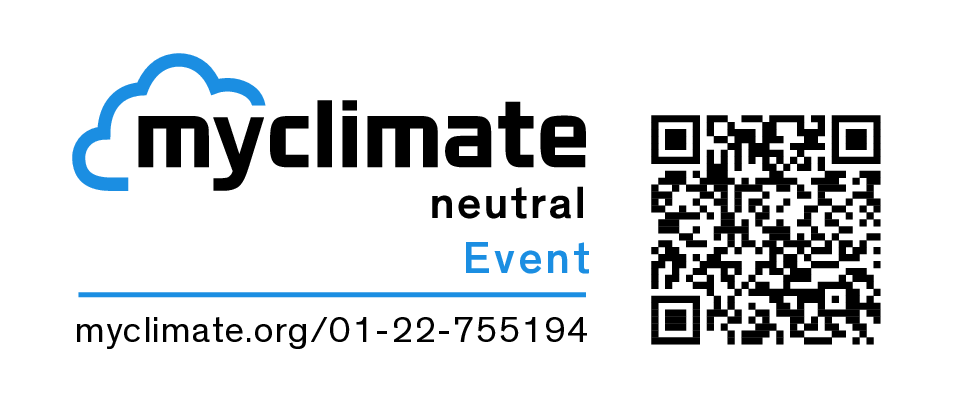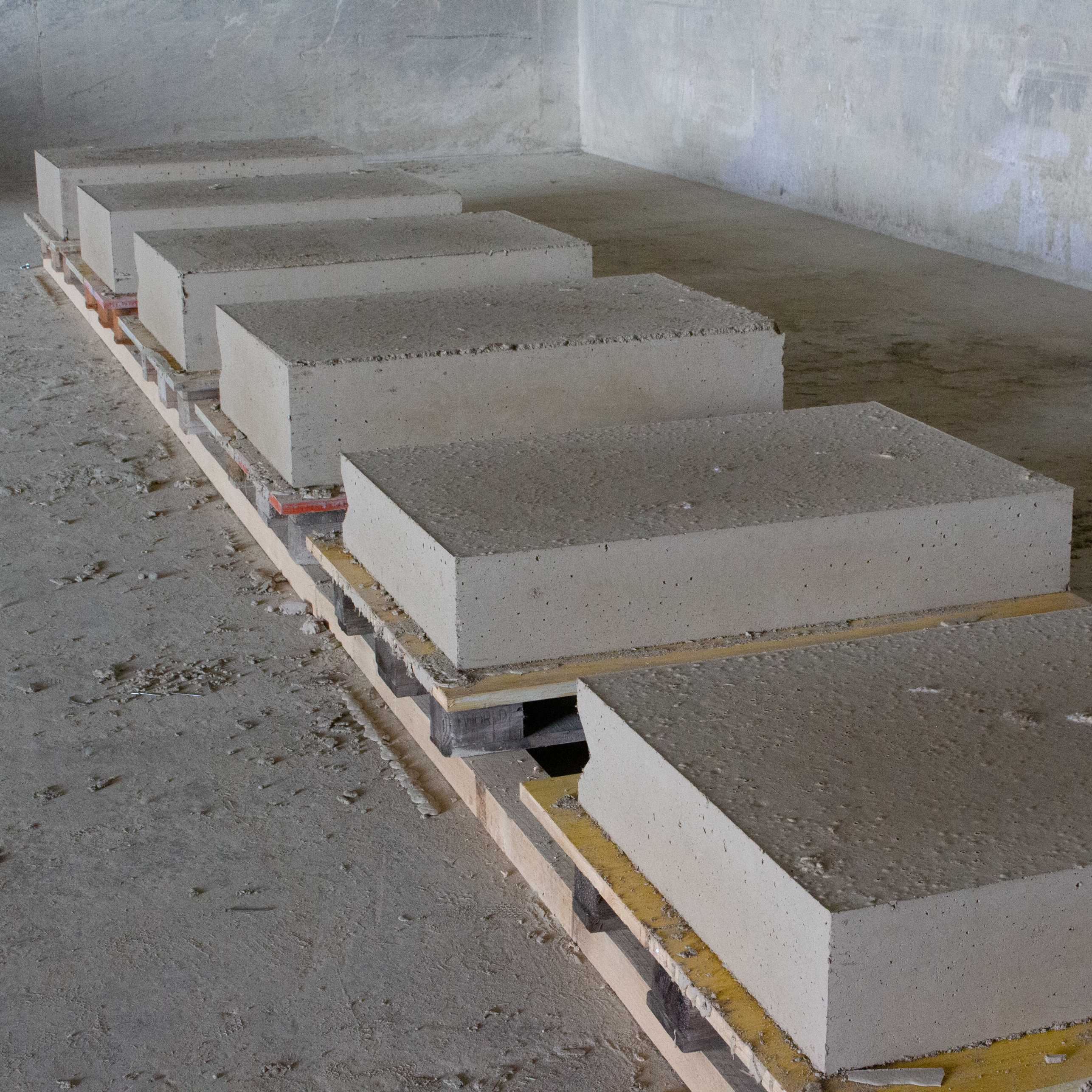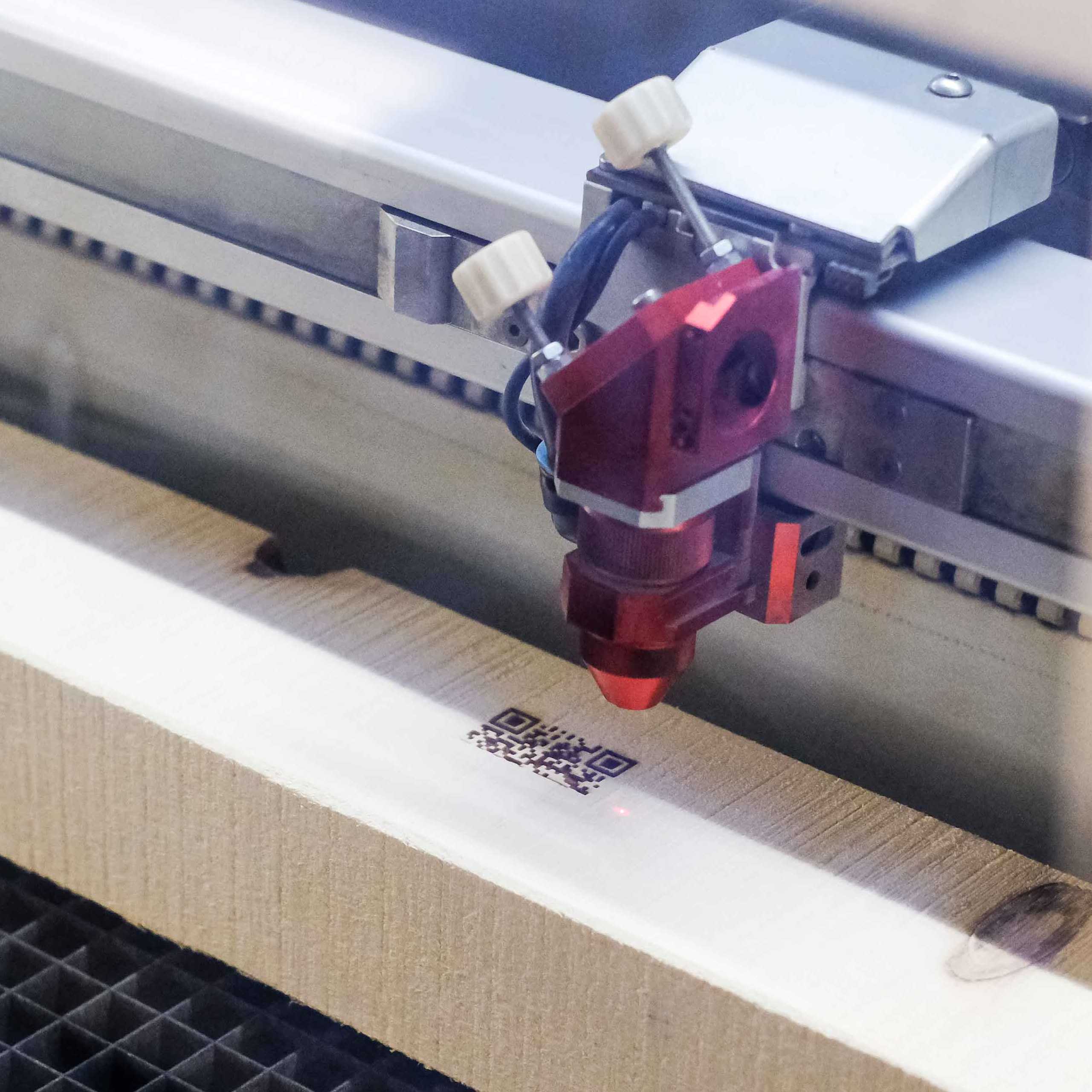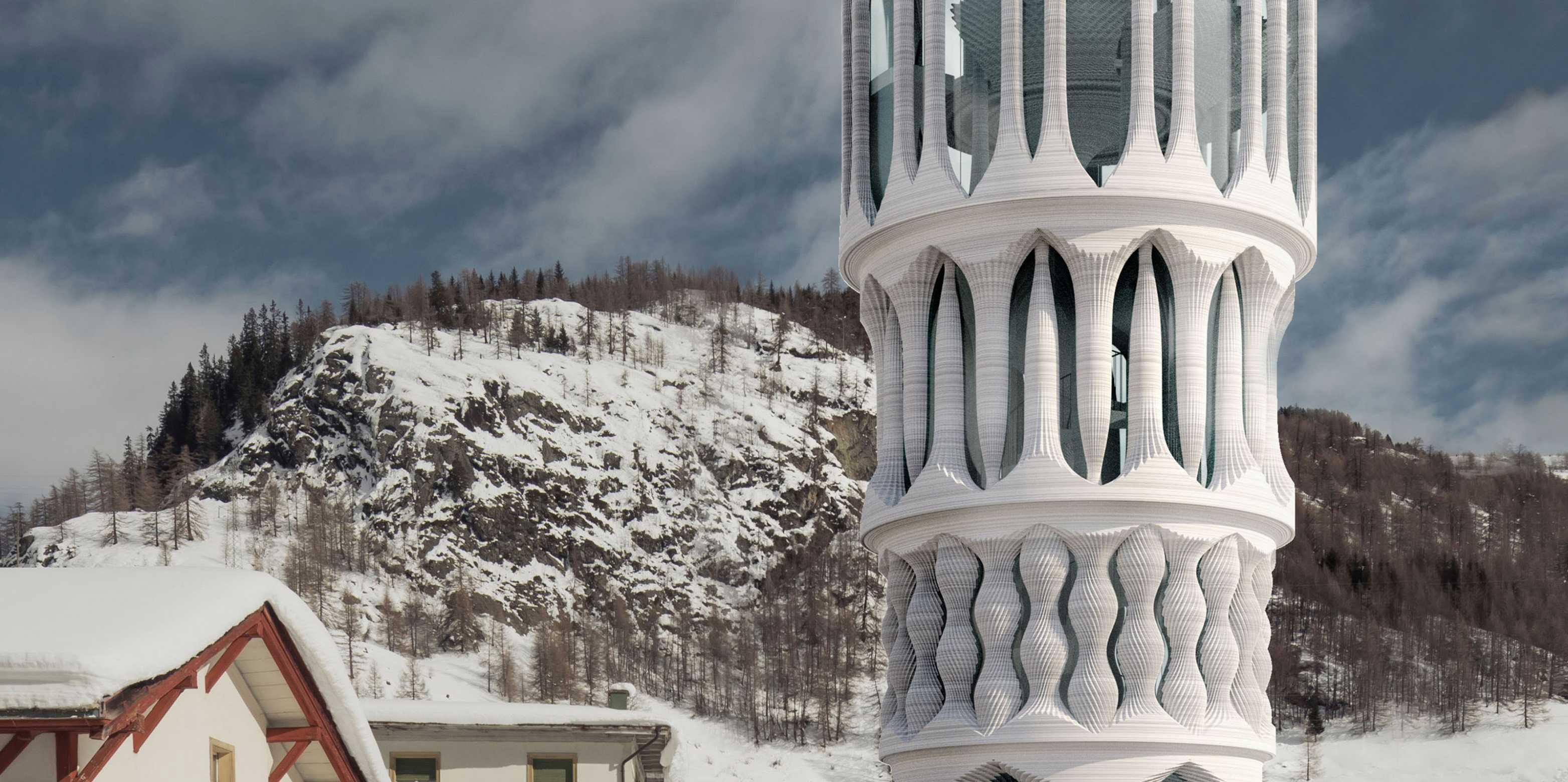
ETH Meets You at the Swiss Sustainability Forum
22-24 September: At the Swiss Sustainability Forum, ETH Zurich exhibits projects that can reduce greenhouse gas emissions in the construction sector: "Use less, use alternative, reuse material".
Use less, use alternative, reuse material
-
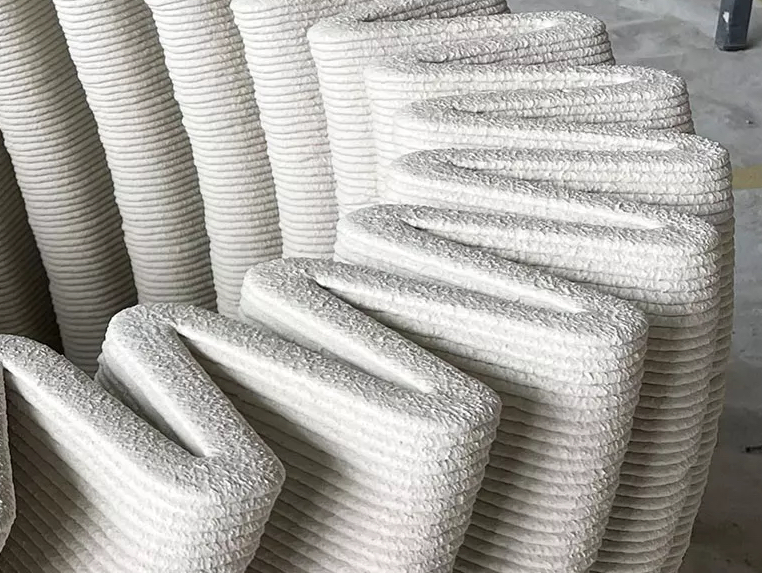
use less material thanks to digital fabrication -
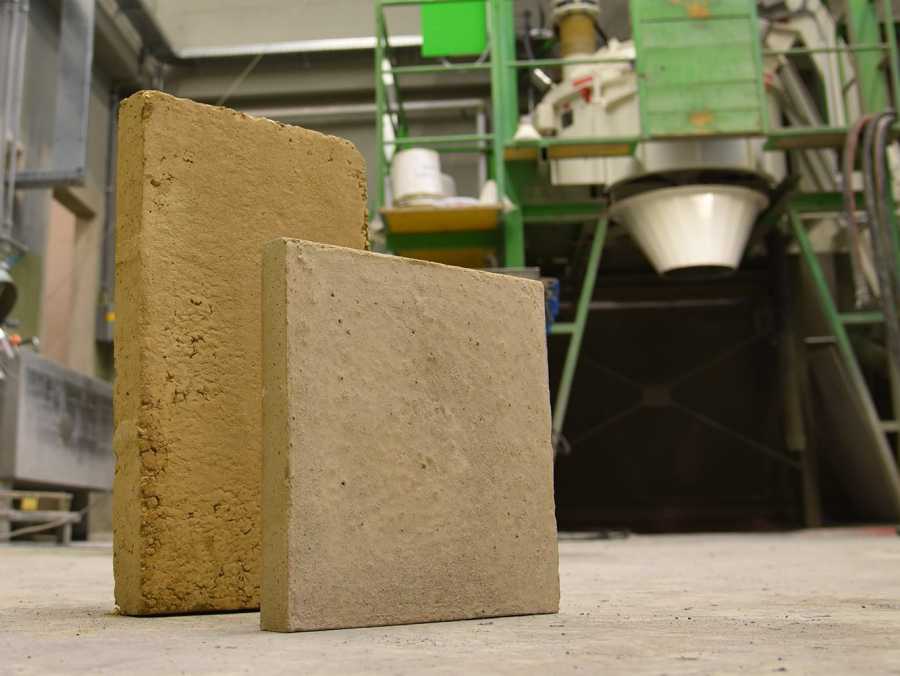
use alternative material such as cement-free concrete -
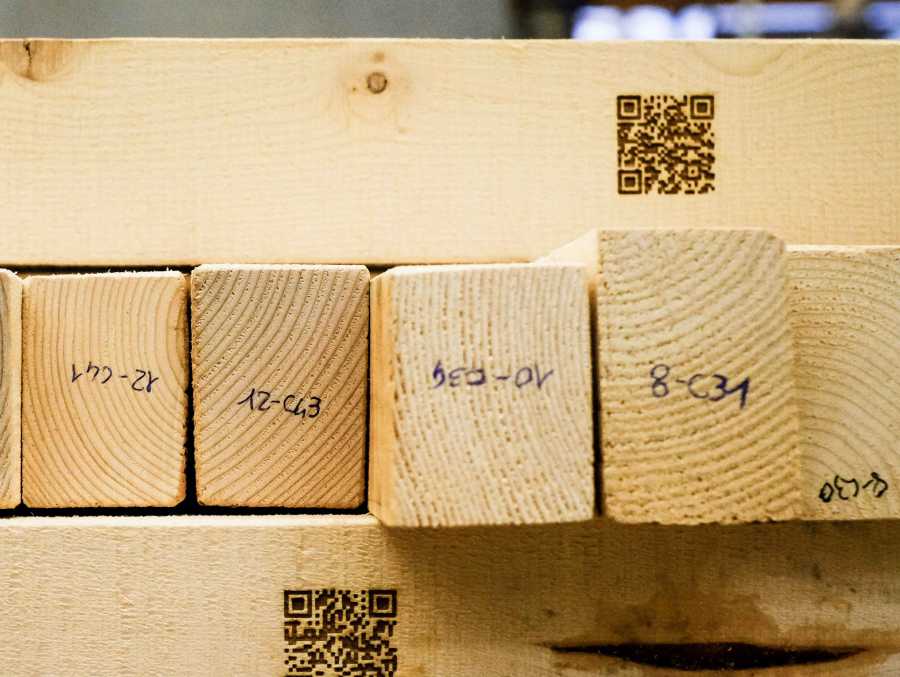
reuse material with digital technologies
Every month the area of New York City
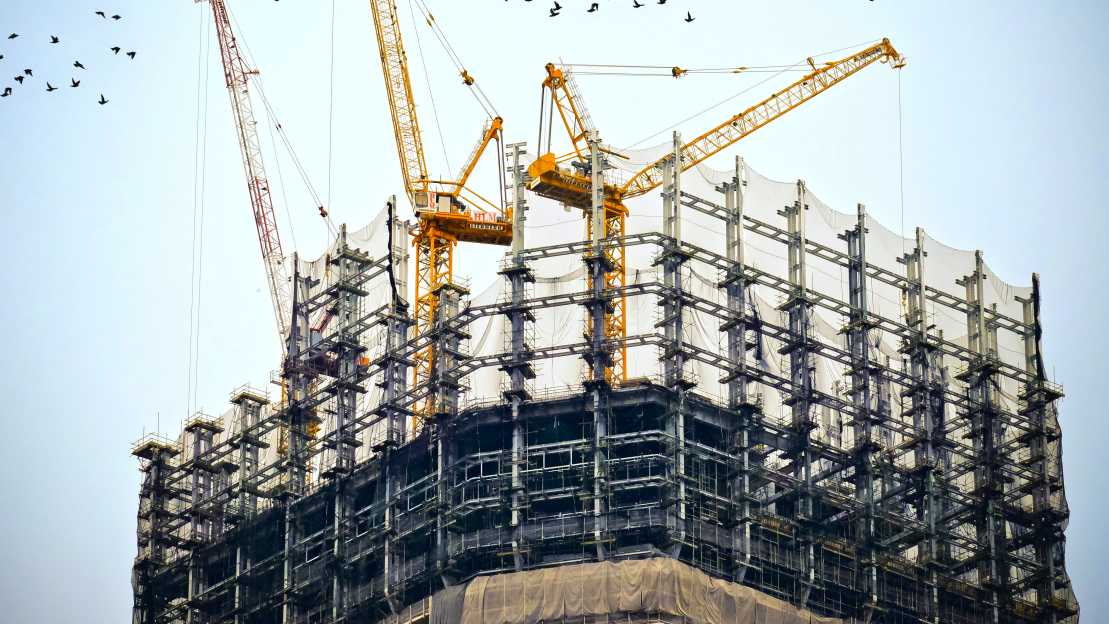
How can we reduce the enormous C02 emissions of the construction industry? The construction sector is the most resource-intensive sector in all industrialized countries. The construction industry produces more than one third of the world's greenhouse gas emissions and 80% of all waste generated in Switzerland.
3 pathways that can help
ETH Zurich presents projects to tackle the environmental challenges of the building industry. 12 exhibits show three pathways that can help us lower the embodied carbon of building structures:
The White Tower (“Weisser Turm”) is an over 20-meter tall, entirely 3D printed building. It demonstrates the groundbreaking possibilities of computational design and digital fabrication, which will fundamentally change conventional building in the years to come. Using robotic concrete extrusion process, the concrete can be applied very specifically only where needed, thereby reducing consumption by a half. The pioneering construction will be used as a cultural site and bring new life to the Graubünden village of Mulengs.
ETH spin-off Oxara has developed a low CO₂ additive technology for a cement-free concrete. It is is 20 times more eco-friendly than ordinary concrete and can be used as non-structural or low load-bearing elements in 2-3 story buildings. 45 million tons of excavated material are thrown away in landfills in Switzerland every year. Oxara uses the landfill material to produce poured earth concrete. Industrially produced, it contributes to a solution for sustainable building and affordable housing.
Every year, 80-90 million tons of waste are generated in Switzerland, 84% of which comes from the construction sector. Due to a fragmented supply chain in the construction sector, buildings are getting demolished, rather than deconstructed. A transition to a circular model, in which we reuse building materials, is urgently needed. Technical knowledge is necessary to plan the safe removal of materials and label them for tracking. There is not yet a feasible circular design and management strategy that can be broadly applied in construction practice. Digitalisation can close this gap.
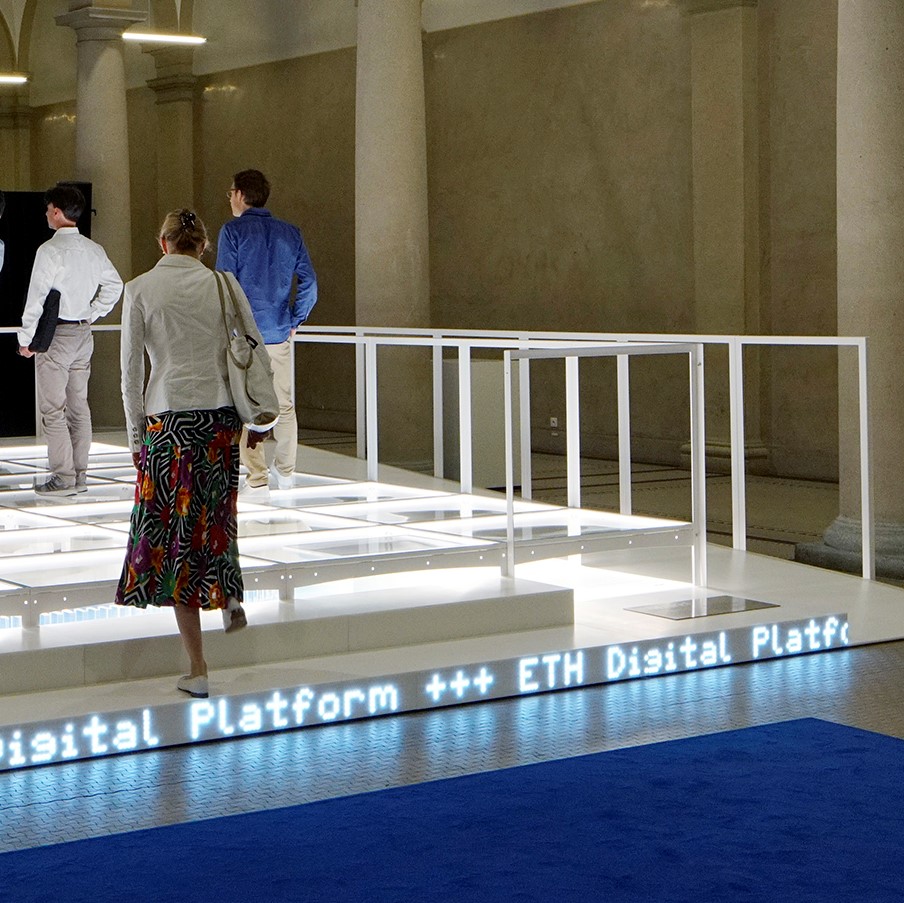
ETH Zurich presents the exhibition "Use less, use alternative, reuse material" at the external page Swiss Sustainability Forum in Bern on its Digital Platform. Researchers on site provide information.
Public day opening hours:
Saturday, 24 September 2022
11.00 – 18.00
Venue:
Kursaal Bern
Kornhausstrasse 3, 3000 Bern 22
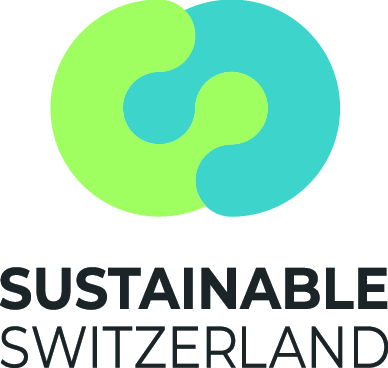
ETH Zurich is a founding partner of the external page Sustainable Switzerland platform and the associated Swiss Sustainability Forum of the external page NZZ. In cooperation with renowned partners from business and science, the initiative supports sustainable development in Switzerland, aims to make it visible, networks relevant actors and motivates action.
Contact
Jürg Brunnschweiler
Chief of Staff, Office of the President
Simone Bucher van Ligten
Curator Exhibition
Christina van Ligten
Project Manager
